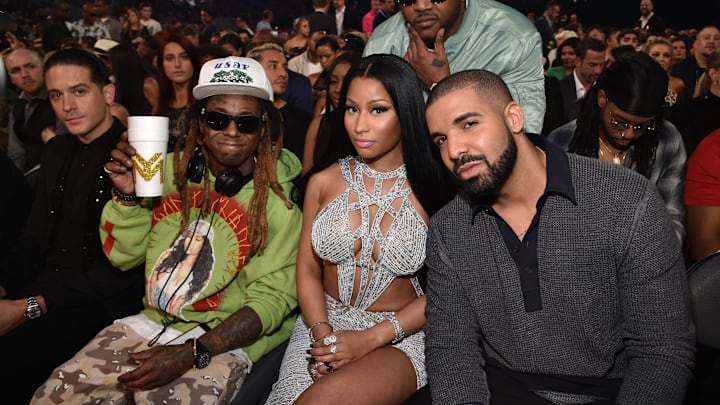The hip-hop industry has been grappling with the issue of colorism, a discriminatory practice based on skin color, for an extended period. This contentious topic has ignited heated debates, with influential figures like Lil Wayne frequently finding themselves in the midst of these conversations.
Lil Wayne recently appeared on The Richard Sherman Podcast and shared his thoughts on why Drake is often the target of criticism in the hip hop community. According to Lil Wayne, Drake's light skin tone is the reason why he gets "hated on" by some people in the industry. That’s just American history," Lil Wayne said.
" How I know is, because I’m not light-skinned. I hated on all light-skinned dudes in school. So yeah, it’s American history, man."
Watch full interview here
Drake, mentored by Lil Wayne, has left an indelible mark on the global hip-hop landscape. His innovative blend of singing and rapping has redefined the genre. Despite Drakes success, he has faced criticism from some quarters, with some accusing him of being too "soft" or "poppy" for the genre. Lil Wayne's comments shed light on the issue of colorism in hip hop, which has been a topic of discussion for many years.
While some may argue that Drake's light skin tone has helped him in the industry, Lil Wayne's comments suggest that it has also made him a target of criticism. The issue of colorism is a complex one, and it is important to have open and honest discussions about it in order to move forward.
In conclusion, Lil Wayne's recent comments on The Richard Sherman Podcast have shed light on the issue of colorism in hip hop and why Drake is often the target of criticism. While the issue is a complex one, it is important to continue having open and honest discussions about it in order to create a more inclusive and equitable industry for all artists.
